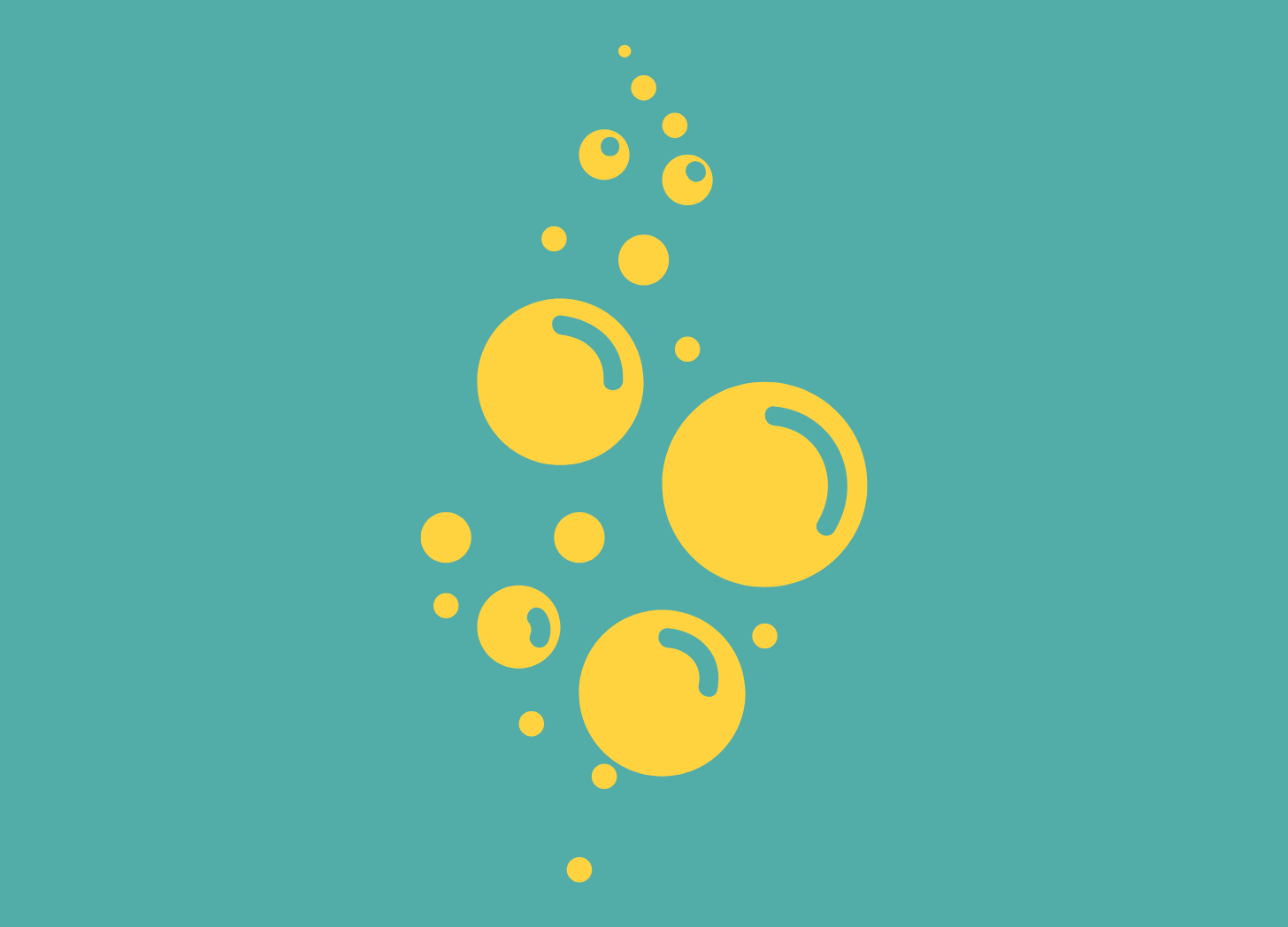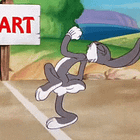When writers gather, magic happens
Exploring collective effervescence - how connection sparks creativity in community & keeps us going
Hey there, Bec here
There’s a special kind of energy that emerges when people gather with a shared purpose - you know when you feel it. It kept happening to me last week.
Most days, it feels like I’m alone at my desk, lost in my own thoughts. But that’s not true. The past week has been a reminder of how connected I am and why community is important for my creativity, persistence and writing life.
Gatherings happen in all sorts of places - online, in person; in small groups and large. They can be unpredictable, we can’t guarantee they’ll succeed (so nerve-wracking for organisers) but when they do, they can be magic. Something is generated when like-minded people gather together - it can be a fleeting shared moment or one that lasts a lifetime.
Shared moments
At my local bookshop last Thursday I hosted a talk by Tiffany Murray for her memoir, My Life and Other Rock Stars. The Q&A flowed with witty anecdotes about David Bowie drinking milk and Ozzy Osbourne dancing naked in a graveyard. Then came the 'Showaddywaddy moment' - a passing reference to a deeply uncool rock and roll revival band that Tiffany adored. The audience came alive, sharing stories and laughter, transformed from spectators into a gathering of readers and writers with something in common. After the event people stayed in the shop chatting, with an impromptu trip to the pub, before calling it a night.
The energy from other gatherings can last long after the goodbyes.
The magic of retreats
On Sunday I joined
’s Creative Unblocking retreat in Wales to talk about creative persistence. The farmhouse was warm and cosy, with twinkling lights and a roaring fire in the sitting room, yet what struck me when I walked through the door was the atmosphere, charged with energy and purpose.As a former writing retreat manager for Arvon’s Lumb Bank, I’ve been witness to what we called, ‘the magic of Arvon.’ I’ve often wondered what creates that alchemy and how to describe it.
It starts by bringing people together around a shared purpose, like learning how to write poetry or edit a novel. That initial goal is enough to boost performance as the group lifts each other up. It’s a form of creative cross-pollination, where people share and learn from each other, exploring insights, and boosting ideas.
Being together confirms our sense of self, validating our dreams and goals in the moment - that can carry on long after the retreat has finished as communities continue to support each other.
Collective effervescence
When I returned home on Monday, I was fizzing with ideas - Emma Gannon is the most generous host and our conversations, at the session and around the dinner table, were so generative. As an introvert who often leaves social gatherings feeling drained, I was energised and inspired instead. What was that feeling? That’s when I stumbled across a concept that perfectly captures this feeling: collective effervescence.
Coined by sociologist Émile Durkheim, it describes the shared energy people experience in group settings. This often leads to inspiration and a deep and long-lasting sense of connection. While originally applied to religion or rituals, it’s a perfect way to explain what happens when writers gather. That ‘electricity’ generated by shared purpose can lead to breakthroughs that wouldn’t happen alone.1
Looking back on the retreats I’ve run, I’ve seen so many writers powered by this experience, going on to write, publish, and build the resilience to keep going.
From farmhouses to Zoom rooms
This magic isn’t confined to in-person gatherings. Online communities can also create a similar charge, like last week when I hosted a workshop for 125 members of Mslexia’s Writing Salon. Friday was also the mid-month meetup for
’s Worm Zoom where we’ve been creating ‘separately together’ since July this year. We might be all over the world, but that shared experience keeps us going as writers and creatives.It’s an honour to be part of a community, to gather people together, to host, be a guest, and participate. Collective effervescence describes that experience both in the moment and long afterwards.
Harnessing the magic of community
Back to my time at Arvon. On the last night of a retreat, I’d close the week with a short speech over dinner. I’d tap my glass for attention, interrupting the buzz of conversation to remind writers of check-out in the morning. After telling them to strip their beds, I’d finish with a pep talk, sharing the aphorism: ‘You are the sum of the people you spend the most time with.’
You are writers, I’d tell them. When you get home tomorrow find the people who’ll support your writing. Your community will keep you going.
Over to you. Where do you go for community? Who supports your writing? And do you have any ‘magical’ experiences of how gatherings have changed your creative life? I’d love to hear - add a comment below and give a shout out to your writing, communities and friends.
Keep going, Bec
Here’s a few things I’m doing in community
Tomorrow, I’m going to the Shut Up & Write! Community in Writing 2024 Symposium. On Saturday I’ll be hosting an hour of the London Writers Salon 24-Writing Sprint. Monday starts the week with my own writing group gathering online. Wednesday sees me off to Gladstone’s Library where I’ll be co-hosting a writing workshop with Alison Jones. I’ll catch my breath to kick off our next 7-day Writing Sprint on Friday 29 November.
A few community-related links
Mason Currey talks about Worm Zoom - join us!
Emma Gannon shares a story I told her on Sunday
And don’t forget our next 7-Day Writing Sprint starts soon.
Allow me to geek out a little as I found this fascinating. So, Émile Durkheim was a French sociologist who rose to prominence in the late 19th and early 20th centuries. Along with Karl Marx and Max Weber, he is credited as being one of the principal founders of modern sociology.
The Internet Encyclopedia of Philosophy explained his concept of collective effervescence, as:
“moments in societal life when the group of individuals that makes up a society comes together in order to perform a religious ritual. During these moments, the group comes together and communicates in the same thought and participates in the same action, which serves to unify a group of individuals. When individuals come into close contact with one another and when they are assembled in such a fashion, a certain “electricity” is created and released, leading participants to a high degree of collective emotional excitement or delirium. This impersonal, extra-individual force, which is a core element of religion, transports the individuals into a new, ideal realm, lifts them up outside of themselves, and makes them feel as if they are in contact with an extraordinary energy.”
If you are more practically minded, researchers have found physiological evidence. Choirs have been found to synchronise heart rates when they sing together, likewise for those who take part in ceremonies such as fire walking. And it’s not just participants, emerging neuroscience shows that audience members have synchronous brain patterns, called by one researcher as collective daydreaming.















Oh I spotted this sitting with scriptwriter Andrea Mann and a bunch of other local writers this morning. Andrea has set up a fortnightly 'Write In' in a local cafe. We gather a couple of Wednesday mornings a week and work on whatever writing project we want to, but in the company of other writers. I love London Writers Salon who got me writing with their Writers Hours, I also have a local writing group, Moor Words set up by short story writer Emily Devane (who was with us at the writing table this morning) and then there's your Breakthrough and Blocks writing community too. I write alone but I rarely feel alone and I love the phrase 'collective effervescence'. Thank you!
..."emerging neuroscience shows that audience members have synchronous brain patterns, called by one researcher as collective daydreaming."
Not to mention the mirror cells that have our brain-bodies literally mirror the meaningful actions of others, the "emotional contagion" that does the same for feelings and likely plays a part in empathy, imitative learning as superior to verbal instruction, rhythmic sync'ing (hence the power of chnating, ballroom dancing and argentine tango ;-). We are imitative brains and getting in "sync" with each other can produce powerful effects. (And hence, why I warn my clients -- be intentional about what you ask your brain to do and what you are asking it to learn.